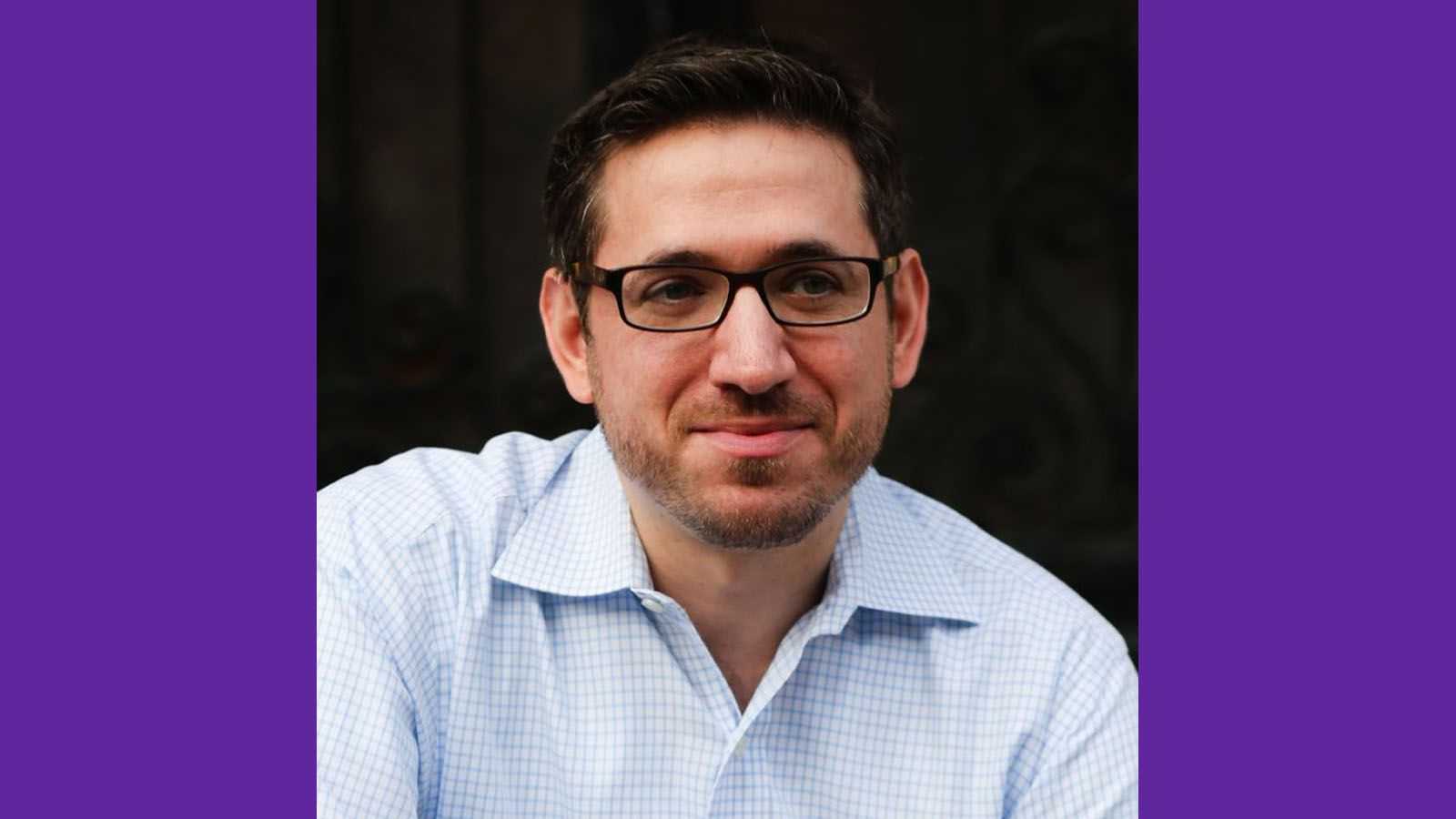Hasidic Jews form a distinctive and insular subculture in many American cities, imparting their heritage through strong families, synagogues, and educational institutions. In recent years, some members of such communities have left the fold, leading to a spate of novels, memoirs, television shows, and films about the experience of breaking with tradition.
What’s fact and what’s fiction in these popular depictions, and what can it tell us about other traditional groups that experience departures? What happens when people feel profound cultural displacement, whether by choice or circumstance? How does it transform their lives and psyches?
Hunter sociologists Schneur Zalman Newfield and Heba Gowayed discussed those subjects on March 5 in Hunter’s Promoting Civil Discourse & Intellectual Dialogue series, “Leaving the Hasidic Community: Reality versus Popular Culture.”
Newfield used examples from his colorful life as an emissary for the Chabad-Lubavitch Hasidic movement and the lives of other Hasidim who have left the fold to illustrate the complicated reality of negotiating the two worlds. Family relationships often become fraught, he recounted.
An associate professor and the interim director of Hunter’s Jewish Studies Center, Newfield focuses on cultural sociology and the study of identity, narrative, and resocialization. His book, Degrees of Separation: Identity Formation While Leaving Ultra-Orthodox Judaism (Temple University Press, 2020), explores the lives of individuals who were raised in ultra-Orthodox Jewish communities and left them, as he did.
He received a bachelor’s from Brooklyn College and his doctorate from New York University. Before coming to CUNY, he taught sociology to incarcerated students in six New Jersey state prisons through Rutgers University-Newark’s New Jersey Scholarship and Transformative Education in Prisons program.
Gowayed, an associate professor, researches the lives of people who migrate across borders and the unequal and often violent treatment they face. Her award-winning book, Refuge (Princeton University Press) centers on displaced Syrians who sought refuge in the United States, Canada, and Germany. She is working on a book titled, The Cost of Borders, about how border crossings often provide the venues for violent and even deadly transactions marked by racism, sexism, and other discrimination.
Watch the video below


